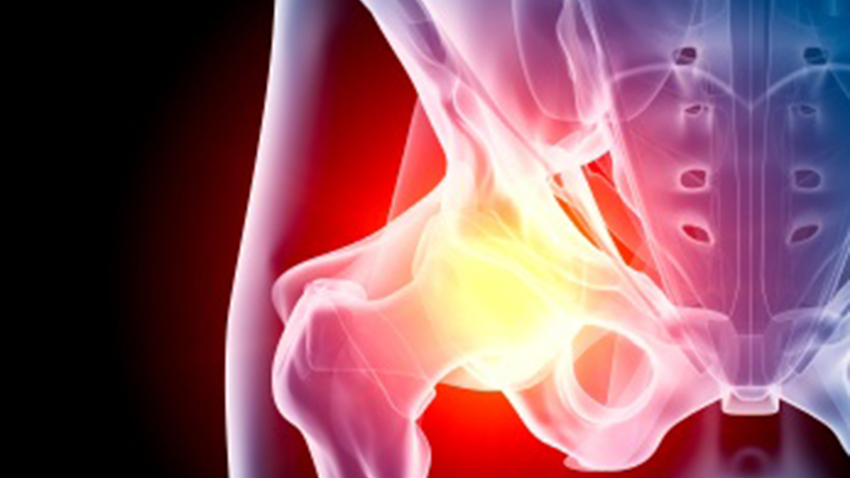Chronic Disease Education
Acute Condition Education
Working with your Family Physician
Working with Allied Care Providers
Orthopedic Conditions & Treatments

Knowledge is Power.
True/False - Quiz: Do You Understand Orthopedic Conditions & Treatments?
Information - Orthopedic Conditions & Treatments
 There are many conditions that affect your body's musculoskeletal system, which involves the muscles, ligaments and joints. Orthopedic doctors work in hospitals and specialized practices.
There are many conditions that affect your body's musculoskeletal system, which involves the muscles, ligaments and joints. Orthopedic doctors work in hospitals and specialized practices.
Conditions Orthopedic Doctors Treat
Orthopedic physicians specialize in diagnosing and treating orthopedic injuries and conditions such as:
• Bursitis: The inflammation and swelling of a bursa, a fluid-filled sac that usually forms over the joints. It acts as a cushion between the bones and tendons. The most common cause is repetitive movements.
• Carpal tunnel syndrome: Compression of the median nerve as it travels through the wrist at the carpal tunnel. Symptoms include pain, numbness and tingling in the thumb, index finger and middle finger, as well as in the thumb side of the ring fingers.
• Osteoarthritis: Caused when the cartilage on the ends of the bones wears down. Often, the bones rub against each other, causing pain and swelling. Osteoarthritis is the most common type of arthritus, affecting millions of people worldwide.
• Rheumatoid arthritis: At first, rheumatoid arthritis usually only attacks a few joints, but over time it affects more, causing joint pain, swelling and stiffness. Many people experience worse RA pain in the morning or after they’ve been sitting or lying down for awhile.
• Knee, hip and joint pain
• Osteoporosis: It means “porous bone” and occurs when the body makes too little bone, loses too much bone, or both. Bones weaken and can easily break.
• Sports injuries
• Tumours: Abnormal growths found in the bone can be benign (noncancerous) or malignant (cancerous).
Orthopedic surgeons also perform hip replacement and knee replacement surgeries due to arthritis. During hip or knee replacement surgery, the surgeon removes the painful joint and replaces it with an artificial joint made from plastic, ceramic and/or metal.
Treatment of Orthopedic Conditions
 Orthopedic conditions may be caused by overuse, chronic pain, genetics, or a sudden injury, like a broken bone or a dislocated hip. Some orthopedic conditions can’t be cured, while others can be treated to reduce pain and improve mobility. The treatment your orthopedic doctor recommends will depend on your condition. You may be prescribed the RICE method (rest, ice, compression, elevation), physiotherapy, medication, bracing or orthopedic surgery.
Orthopedic conditions may be caused by overuse, chronic pain, genetics, or a sudden injury, like a broken bone or a dislocated hip. Some orthopedic conditions can’t be cured, while others can be treated to reduce pain and improve mobility. The treatment your orthopedic doctor recommends will depend on your condition. You may be prescribed the RICE method (rest, ice, compression, elevation), physiotherapy, medication, bracing or orthopedic surgery.
Talk to your family physician if you'd like more information on orthopedic conditions and treatment.
Visit HealthChoicesFirst.com for more videos and resources on family health.
Print this Action Plan and check off items that you want to discuss with your healthcare provider
-
Orthopedic physicians specialize in diagnosing and treating orthopedic injuries and conditions such as bursitis, carpal tunnel syndrome, knee, hip and joint pain, osteoporosis, sports injuries and tumours.
-
Orthopedic physicians specialize in diagnosing and treating arthritis, including osteoarthritis and rheumatoid arthritis.
-
Orthopedic surgeons also perform hip replacement and knee replacement surgeries due to arthritis. During hip or knee replacement surgery, the surgeon removes the painful joint and replaces it with an artificial joint made from plastic, ceramic and/or metal.
-
Orthopedic conditions may be caused by overuse, chronic pain, genetics, or a sudden injury, like a broken bone or a dislocated hip. Some orthopedic conditions can’t be cured, while others can be treated to reduce pain and improve mobility.
-
The treatment your orthopedic doctor recommends will depend on your condition. You may be prescribed the RICE method (rest, ice, compression, elevation), physiotherapy, medication, bracing or orthopedic surgery.



